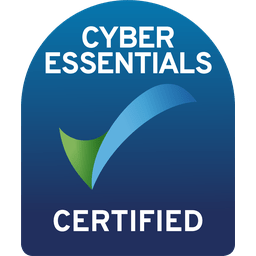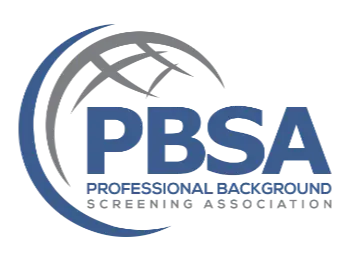by Aimee Cartwright
As of September 2023, NHS England requires its organisations to adhere to the new Fit and Proper Persons Test (FPPT) Framework for recruiting:
- Executive and non-executive directors
- Employees with a ‘director’ title according to Regulation 5 of the Health and Social Care Act 2008
- Interim and permanent directors of more than six weeks
For the first time, Social Media Checks have been integrated into the FPPT Framework. NHS England has stated that social media searches and Google and news searches must be carried out by NHS organisations.
Today, we’re going to discuss what a Healthcare Social Media Check is and why NHS England have added this to their list of required checks.
What is a Healthcare Social Media Check?
Healthcare Social Media Checks are designed to identify candidates’ online social media accounts and retrieve any additional information found through online searches.
These checks are usually integrated into the pre-employment stage, as this prevents employers from hiring an individual who may be unsuitable for a safeguarding role. However, healthcare background checks can also be carried out on existing employees.
Why Does NHS England Require Healthcare Social Media Checks?
Over 1,200 NHS employees have been disciplined for inappropriate online behaviours, including breaching confidentiality and complaining about colleagues. A BMJ journal study found that 97% of NHS staff had discussed sensitive details about patients over instant messaging apps.
As evidenced by these shocking statistics, it was becoming increasingly risky to neglect social media as part of NHS pre-employment checks.
Carrying out professional Social Media Checks ensures NHS employers are aware of candidates’ online behaviours. With the information they receive, they can decide whether the candidate could be trusted in a safeguarding position.
Social media research can also protect the NHS’s reputation. If there is criticism of the NHS on a candidate’s social media profile, the NHS employer may ask the candidate to remove the content, or perhaps inform the candidate that they are not right for the role.
Finally, the healthcare industry faces unique risks with regards to staff members’ online activity. For example, if a medical professional is sharing unsafe medical advice, it is important for the prospective employer to be aware of this. Hiring such a candidate could pose a threat to the reputation of the NHS and the safety of patients.
The Importance of Professional Healthcare Social Media Checks
Some healthcare organisations perform their own Healthcare background checks with the goal of saving time and money. However, paying for professional Social Media Checks is the most timesaving, cost-effective way to meet the new NHS guidelines.
SP Index researchers analyse the online presence of candidates across hundreds of platforms. It is much more likely that a professional researcher will discover important information on these platforms, which saves time and money on repeated online checks.
Our checks are also GDPR-compliant, so employers don’t have to worry about misconduct when analysing a candidate’s online behaviour.
We are proud to offer three types of healthcare checks: Healthcare Basic, Healthcare Essential and Healthcare Premium. Each of our Healthcare checks takes into account our usual measures of online behaviour, with the addition of healthcare-specific risks.
Discover Our Healthcare Social Media Checks
Get in touch with our expert team here, or you can learn more about our Healthcare Social Media Checks here.
With our help, you can meet the new NHS Framework requirements without the pressure of carrying out your own checks.


